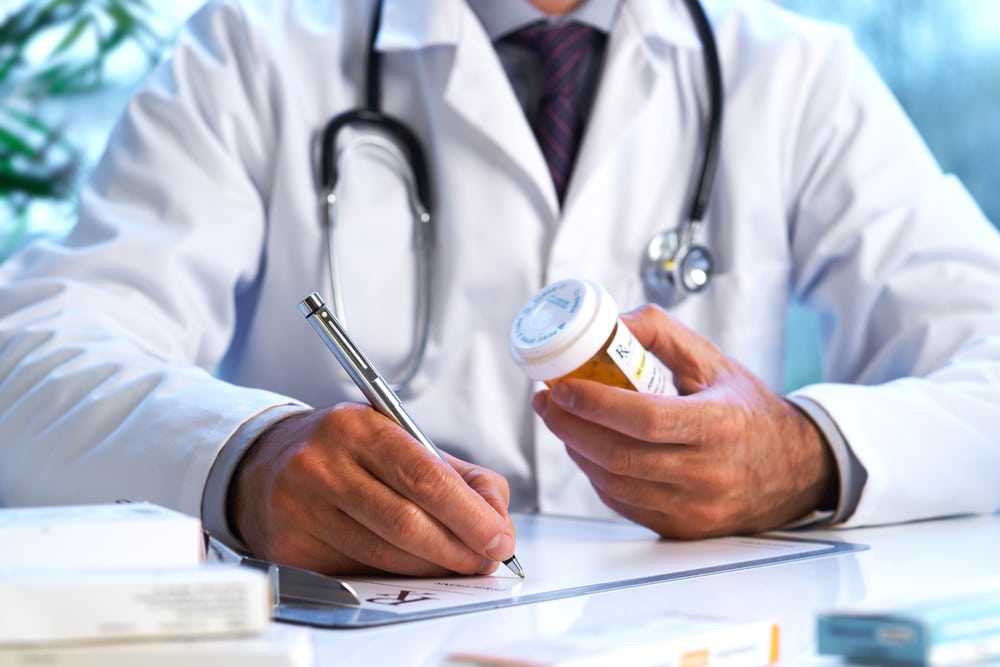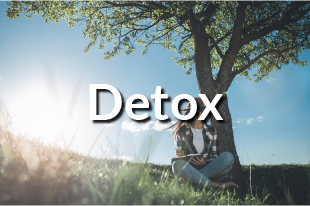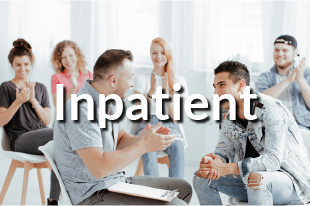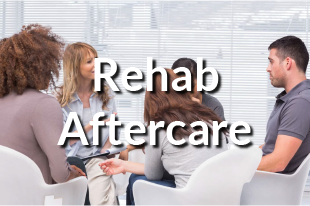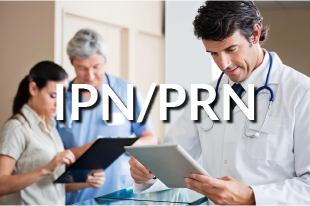At Behavioral Health Centers (BHC), we offer state-of-the-art heroin rehab in Port St. Lucie with evidence-based modalities that present an individual with the opportunity to overcome their challenges with heroin addiction.
The reality is, addiction to heroin is not uncommon. The harrowing statistics continue to show that there is a drug abuse epidemic that continues to increase in the United States, despite the nation’s efforts to stop the progression of illicit drug use.
Due to the reasons mentioned above, treatment for heroin addiction is more imperative than ever before. Recovery from drug addiction is only possible with professional help.
If you or a loved one need help now, call 772-774-3872 or click here to use your insurance to start rehab.

How Opioids Work to Relieve Chronic Pain
According to the Centers for Disease Control (CDC), 50 million people (1 in 5) in the United States suffer from chronic pain. This type of pain is defined as long-term, which has occurred persistently for approximately six months or longer.
As evidence-based research has proven, chronic pain is extremely prevalent and one of the most commonly treated ailments with prescription painkillers known as opioid drugs. When someone experiences pain it is interpreted in our brains.
The thalamus is located just above the brainstem between the cerebral cortex and the midbrain. It is mainly responsible for providing motor and sensory signals, such as pain detection, attention, alertness, and memory to the cerebral cortex.
The receptors in the brain travel from the body to the thalamus to the cerebral cortex which decodes it as a sensation or feeling. When the thalamus becomes compromised or damaged, it can quickly evoke common chronic pain conditions, such as back pain, arthritis, nerve damage (neuropathy), fibromyalgia (pain all over the body), etc.
To relieve chronic pain, physicians typically prescribe an analgesic such as an opioid, which refers to a drug that relieves pain without losing consciousness, unlike the other well-known primary pain modulating medication, known as an anesthetic.
Why Heroin Causes Dependency and Addiction
Another name for heroin addiction is called an opioid use disorder, which causes major physical and behavioral changes in the brain while being high on drugs, in this case, heroin.
In the Cerebrum, the largest part of the human brain, some receptors are responsible for helping us use our five senses, including letting us know when we are in pain. These sensations include temperature (hot and cold), and pain such as muscle aches/spasms and broken bones.
Heroin Addiction Treatment: What to Expect
Treatment for addiction including drugs such as heroin does not have a one-size-fits-all approach. Within an inpatient or outpatient program, detoxification in conjunction with behavioral methods such as cognitive-behavioral therapy (CBT), individual, group, and family therapy is the most common way to perform heroin rehab.
Methods of treatment and the services offered depend on various factors including the amount of heroin used, if there is any mental illness, if a person has already received treatment before if heroin is being used with other substances such as alcohol, and how long a person’s addiction has occurred.
As heroin abuse is classified as opioid use disorder (OUD), multiple forms of treatment have proven to be more effective than just one, as there are often other underlying factors that also need to be tended to, such as mental health issues.

Heroin and Polysubstance Abuse
Heroin is commonly used in conjunction with other types of substances such as alcohol and marijuana. As heroin is highly addictive and often involves engaging in polysubstance abuse (using more than one substance), it only causes a person’s addiction to become worse which could lead to heroin overdose.
When not using heroin, the body is not used to a lapse in drug use. The body has become so addicted and tolerant to heroin that it doesn’t know how to react. A process occurs called withdrawal, where unpleasant symptoms occur as a result of the body trying to detox, ridding the body of the toxins from the heroin.

Inpatient or Outpatient Rehabilitation
A heroin rehab’s goal is to eliminate distractions, including the biological, environmental, and social factors that make it challenging for someone to recover effectively, achieve, and maintain long-term sobriety.
Determining whether an inpatient SUD or outpatient SUD treatment program is appropriate depends on the person, their addiction, and other factors. Residential rehab is for people with more severe addictions. They live at the facility and receive 24-7 monitoring, counseling, and care for their conditions. Outpatient rehab is for people who have already transitioned out of an inpatient treatment program, and have less severe forms of addiction but need to continue on a path of recovery. Outpatient facilities allow a patient to return home to maintain independence to attend school, work, etc., after receiving hours of treatment at a facility multiple days a week.
Regardless of what type of treatment a person is a candidate for, they will have a comprehensive heroin rehab plan with a structured routine. This includes therapy, support groups, activities, and medication management. A typical heroin addiction program lasts 30 to 90 days, or longer depending on the person, the severity of their addiction, and if there is any co-occurring mental illness.
Once a patient completes inpatient or outpatient rehab, they are urged to continue with heroin addiction treatment by transitioning to a partial hospitalization program (PHP), aftercare program, or sober living home.
Detoxification
Heroin detox is done before initial treatment begins to ensure that all of the toxins and substance is removed safely from the body beforehand. After the intake process comes detox. Addiction specialists create a safe environment and utilize FDA-approved medications to help reduce cravings, shorten the duration of acute withdrawal symptoms, and help them become more tolerable.
Medications Used to Manage Heroin Addiction
During detox, medication management and medical supervision are essential in order for the detoxification process to be successful. The following medications help individuals with opioid use disorders effectively wean off heroin, reducing their tolerance and dependence, reducing cravings, and preventing relapse.
Choosing the Right Facility for Heroin Addiction Treatment
Most rehab facilities offer similar programs and services to treat people with heroin addiction, but they are not all the same. The best addiction treatment centers always consider each individual’s unique needs and goals. Ensuring that the place you choose is full-service and can handle all the problems and common aspects of addiction and opioid use disorders throughout the process.
Behavioral Health Centers Philosophy of Care
Heroin and other addictive and fast-acting opioids are deadly and lead to devastating consequences. At Behavioral Health Centers, we believe in bridging this gap and helping people who are struggling with heroin addiction recover and maintain long-term sobriety. Most importantly, our heroin rehab program and services teach individuals and their loved ones to understand the signs and side effects of heroin abuse, so they can make the best decisions for their mind and body.
References:
https://www.sciencedirect.com/science/article/pii/S1875459713000660
http://www.mayfieldclinic.com/pe-anatbrain.htm
https://www.drugabuse.gov/news-events/latest-science/study-highlights-how-opioid-receptors-organize-to-block-pain
Getting Help for Heroin Addiction at BHC
If you or a loved one shows the signs or symptoms of heroin addiction, it is imperative to reach out for help, although it is not easy to do. At Behavioral Health Centers, our heroin rehab in Port St. Lucie has an experienced staff of medical professionals and addiction experts, equipped with treatment resources to help develop the best strategy for someone with heroin addiction to have an optimal recovery, and maintain long-term sobriety.
The main goal is for us to help those suffering stay motivated, determined, and dedicated to reach their goals, get clean, and live a life free from the controlling grasp of addiction.
If you or somebody you know is suffering from heroin addiction, you are not alone! Contact us at BHC today for more information that will change your life for the better.
Our heroin rehab provides safe, comfortable, and effective heroin treatment to residents across the United States and the following local counties and cities of Okeechobee County, Palm Beach County, Martin County, Jupiter, Stuart, Fort Pierce, West Palm Beach, Boca Raton, Delray Beach, Miami, Fort Lauderdale, Naples, Fort Myers, Tampa, Sarasota, St. Petersburg, and Orlando.
BHC also provides treatment for the following substances: Alcohol, Benzos, Cocaine, Drugs, Fentanyl, Meth, and Prescription Drugs.
Behavioral Health Centers is a Joint Commission accredited treatment center located in Port St. Lucie, Florida.


